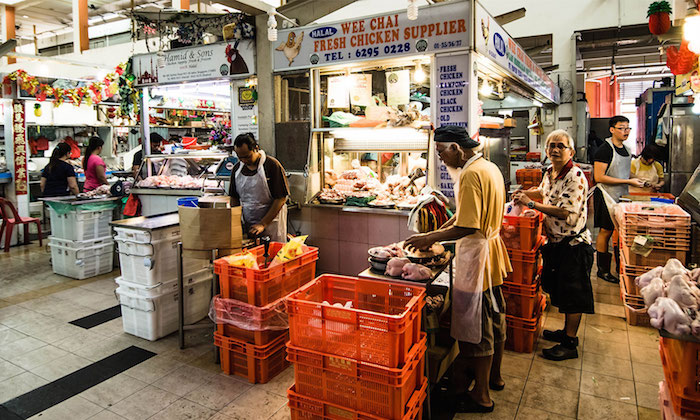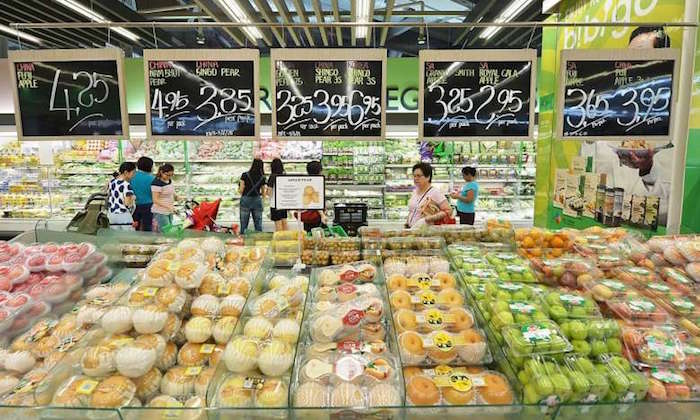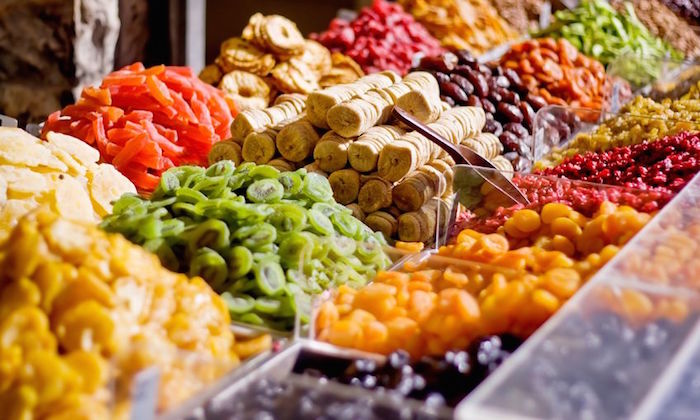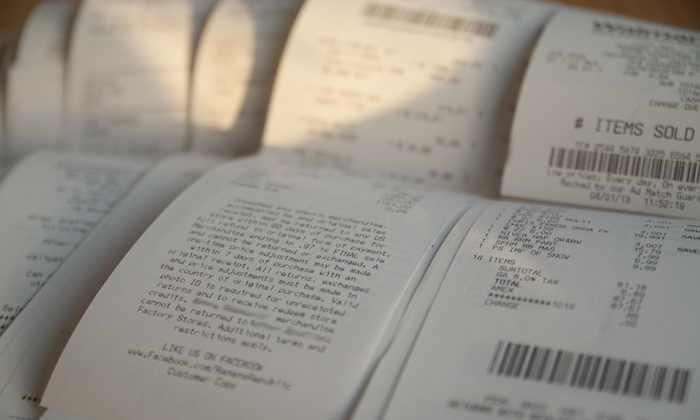
Do astronomical grocery bills give you panic attacks? Singapore’s an expensive place, and groceries in Singapore are no exception. Here are 20 tips from a savvy mama on how to save on groceries!
Grocery shopping in Singapore can be an expensive and anxiety ridden experience. Exhibit A: note the two almost identical pieces of broccoli below that one mama recently photographed at two different local grocery stores. The bottom line is, there are definitely ways to save money on your groceries in Singapore, you just need to put some thought and effort into planning. Here are some tips from the members of Singapore Smart Spenders on Facebook to help you cut your grocery budget and save money.

1. Make a list and stick with it. Make a weekly meal plan, and write out the ingredients you will need.
2. Avoid high end supermarkets and those that specialise in imported products. Instead, shop at discount supermarkets (such as Giant, ShengSiong and FairPrice) and use online shopping like HonestBee or RedMart. This allows me to carefully select what I want from my computer. It’s difficult to make impulse purchases and I save on taxi fare. Some supermarkets have free delivery at a certain spend level, but even at $7, a delivery it is cheaper than round trip taxi fare. Plus I save time shopping and queuing with online shopping. My recommended shops are Giant Online, Sheng Shiong’s online store allforyou, QB Food (for meat and cheeses), Phoon Huat (discounted cheese, baking ingredients), Foodie Market Place (discounted meat and cheese).

3. For toiletries – Try finding the specialty shop near you that has discounted toiletries (usually located in HDB areas or in some malls). Recommended shops: Ocean on New Market Road, ABC shops, Valentine Fragrance at Parkway Parade Mall, ValuDollar.
4. When possible, buy frozen meat. If you notice, most things are previously frozen anyway.

5. Shop at the wet market. Everything is fresher and cheaper than supermarkets.
6. Sign up for Shopback, Milkadeal or the PAssion Card and use the associated supermarket merchants for cash back.
7. Limit purchases of wine and cheese, and if you must buy the cheapest stuff possible. FairPrice has a wine club that has 8% off.
8. Don’t buy produce in the off season. Berries and mangoes can be crazy expensive when not in season, so substitute a fruit that is more affordable. If you’ve never eaten it before, now’s the time to try something new. Have lots of salad and vegetables with each meal but stick to affordable ones (cabbage vs. asparagus, kai lan vs. kale). Only buy potatoes if you plan to eat them in the next few days or store in the fridge, as they spoil easily.

9. Stock up when things are on sale. Marketplace is known to put bacon on sale at 50% off so we will buy extra and freeze it. Butter is also freezable.
10. Try the cheapest alternative to your favourite products. Do you really need to buy a $7 bag of Doritos when a $1 Cheeze Balls is just as tasty?
11. Buy fresh food and prepare from scratch. Avoid buying boxed things if possible, but also be critical of your recipes. Things with a bunch of different ingredients get pricey quickly. Try to cook simple meals with protein, vegetable and starches and as few ingredients as possible. You can do a lot with butter, garlic, onion, and ginger. I had to give up a few recipes that, while delicious, cost me more than a restaurant meal to prepare myself. Forget those and use on special occasions.
12. Don’t overbuy — otherwise you will just throw out spoiled food.

13. I keep dried fruit on hand for snacks. It can be more expensive than fresh but it also has a longer shelf life and is more portable.
14. Learn to save everything to freeze and reuse in other recipes. For example, freeze bananas, then make banana bread, smoothies, or pancakes. Fried rice is a great way to reuse meat and vegetables. Leftover mashed potatoes from one dinner can make tuna patties or masala potatoes another night. Mini muffins and quiches are great for using up leftovers and spring roll wrappers are a much cheaper case instead of pastry. Leftover bread can be turned into bread pudding, bread crumbs, croutons.
15. Cook Asian dishes instead of Western. They are lighter on meat and ingredients are much easier to buy.

16. Have a budget and stick with it. Figure out how you can swap and substitute and cut back. Be brand un-loyal and be willing to substitute for what is cheaper and on sale.
17. I will stretch a recipe asking for a large amount of meat with less meat but extra vegetables, or even a can of beans.
18. Get a slow cooker. You can buy cheaper cuts of meat like chicken leg quarters and beef chuck and the slow and low temp makes them just as tender as breast meat.
19. Take inventory of what you have on hand. Use before you have to throw away or things expire.
20. Redefine your meals. A simple sandwich or salad can also be dinner. Mealtime is about recharging and bonding with friends and family, so you don’t have to focus on the food, instead focus on the company. Or — Don’t shop. Enjoy a large hawker plate of chicken rice with your family. It’s cheaper than cooking at home (we won’t get into the nutrition…).






 View All
View All




 View All
View All










 View All
View All







